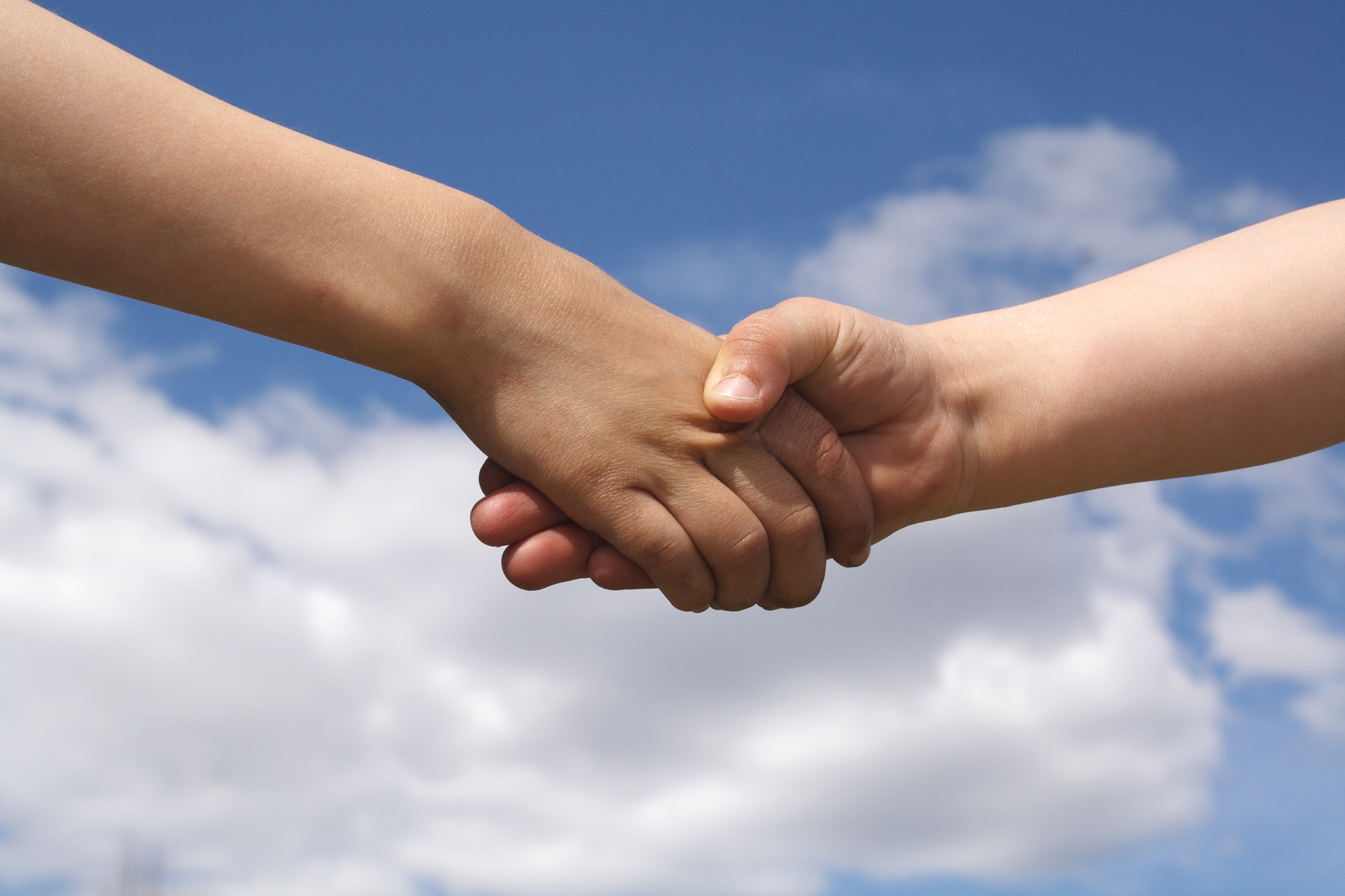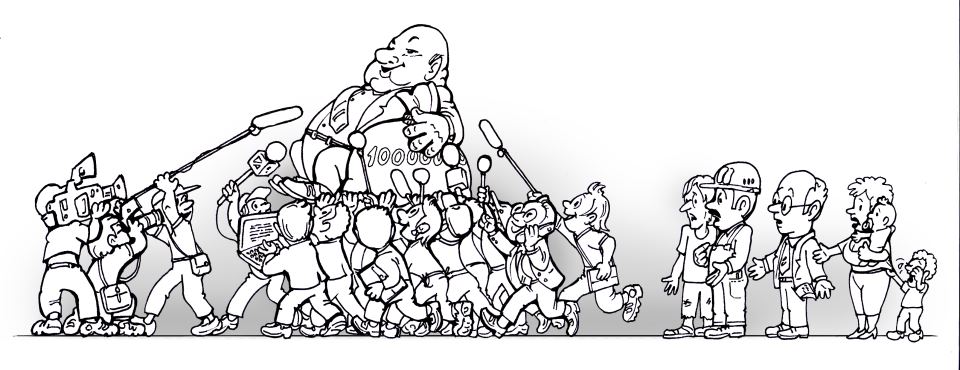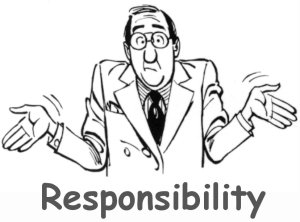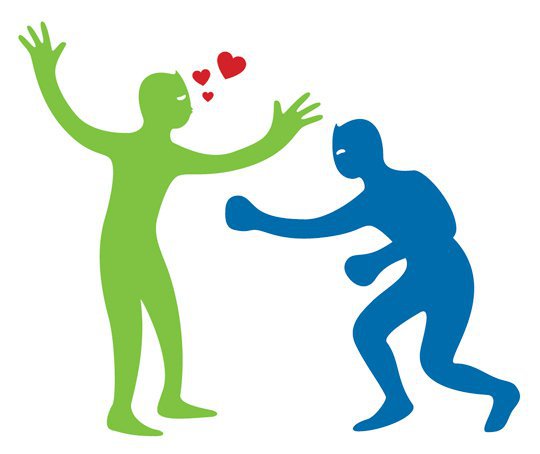


The Ego and Public Feedback
When we examine nature and human behavior, we discover that it is driven by ego, which cares about only two things: feeling pleasure and avoiding pain. If we examine ourselves closely, we will realize that apart for basic necessities, we inherit all desires from the society we live in: what we eat, how we dress, the jobs we choose, the goods we covet, and our attitudes toward the rest of the world. We acquire our preferences from those whom we are taught to respect and admire. Moreover, once our basic needs are secured, some develop a desire to rule over others and take advantage of them. Once we determine what we want, we start looking for ways to get what we want. This is why we are so dependent on the society – it is a supplier of our desires and the means to satisfy them. For this reason, if we build a society that values cooperation and compassion for others, we will avoid selfishness, over-consumption, and pursuit of fame, fortune, and power in order to gain others’ recognition and approval. One way or the other, the ego demands connection with the society while envisioning itself as the ruler. But society can “implant” us with the opposite values, without shattering the ego: Do be great, be proud, be all you can be and more! But do it in a constructive way rather than destructive. In other words, the ego, which is used to gaining personal benefit at the expense of others, can gradually be transformed – through the influence of the environment, the society we are in. Picture a person...
How to Live in a New World
First, it is impossible to manage in the new world when each one thinks only about oneself. We have to think about everyone. There is no other choice. This is nature’s law that is being revealed in our times. Second, every member of society should be concerned about others like organs in one body. In the global world, we need not build egoistic systems for media, governments, social systems, health care, education, etc., which today do not care about what happens to others. What we need to be concerned with is how to build a healthy person in a healthy society. All the systems should be focused on this purpose. This means that there must be one general plan. The leaders of society must understand that we need to integrate and embrace mutual responsibility, and use our voices and votes to insist on this. Otherwise, each will continue with his protectionism, which will lead to opposition to and destruction of nature. We should aspire for this same mutually beneficial relationship to exist in the family, children’s education, neighborhoods, cities, nations, and the whole world. This means that we don’t have to develop separate, specific systems for education, culture, and health, but rather we need to work in circles, moving from small circles to wider ones, and eventually encompassing all of humanity. We have to restructure all international organizations differently, so that this will be their goal and how they aim all their activity at. All the laws in the world should reflect its integrated nature, so that integrality becomes the essential law of our existence. The leadership, courts, and systems for human rights should be...
Integrative Education for the Integrated World
According to a year-old report, there are more than two hundred million unemployed in the world. Over the coming year, this number will grow astronomically, as global production wanes and natural resources continue to dwindle. This development constitutes an enormous problem for the unemployed themselves, as well as for society and governments, which are utterly powerless to stop it. As the ranks of the unemployed grow worldwide, the need for a comprehensive educational course, explaining the new integrated world and its governing laws, will be indispensable in preventing the kind of bloodshed and unrest that we’re already beginning to see materialize. So what is this “new world” that the global crisis is ushering us into? Well, if we take a step back and analyze the word “crisis,” it actually doesn’t have a negative connotation. Rather, it signifies a new stage that is similar to birth. We know from experience that transitioning from one state to another is hard, as it entails coming out of your comfort zone. Whether it’s changing jobs or modifying any other aspect of life, we tend to resist change and prefer to stay within a familiar operating system. With that in mind, there are two sides to this global crisis. On the one hand, we are experiencing genuinely awful and dramatic afflictions: horrendous floods, earthquakes, tsunamis, volcano eruptions, riots and wars, revolutionary coups, bloodshed in the streets, and increasingly dimming prospects of a bright future. On the other hand, we may view our current predicament as the normal pains of a process we don’t yet acknowledge, one in which we transition from one state to another. These...
